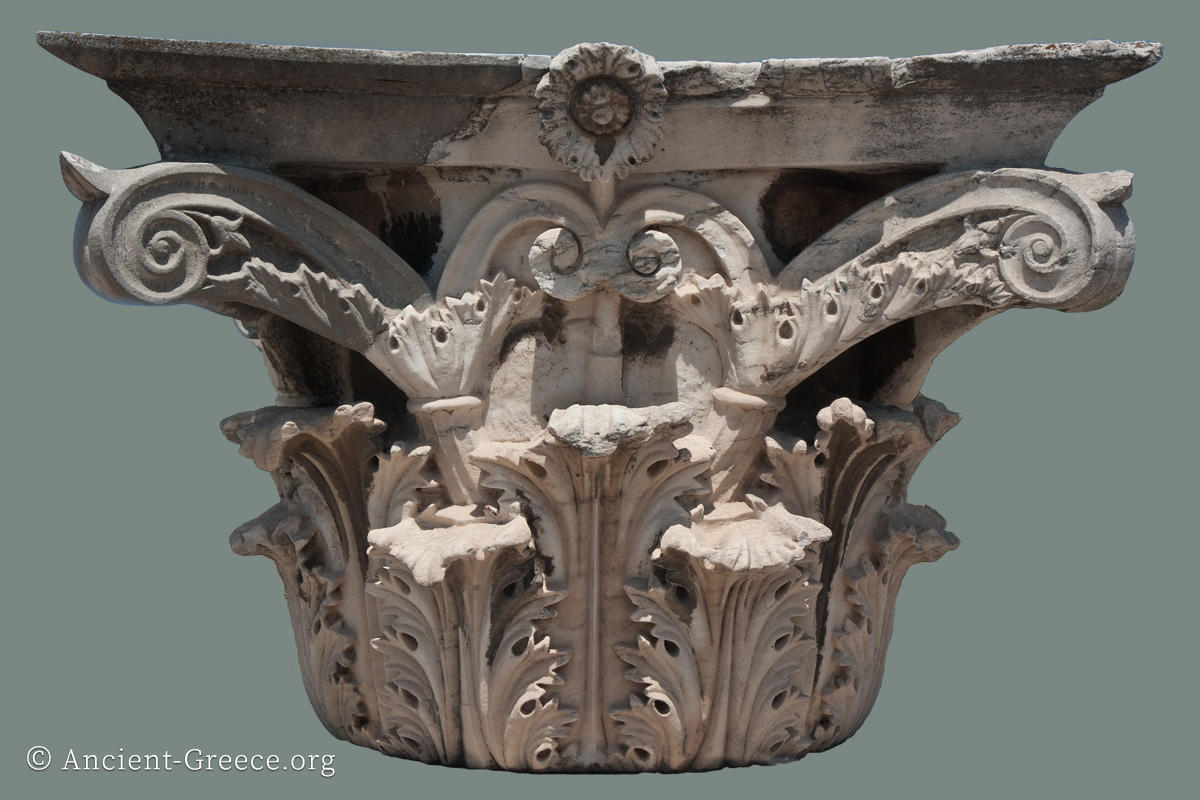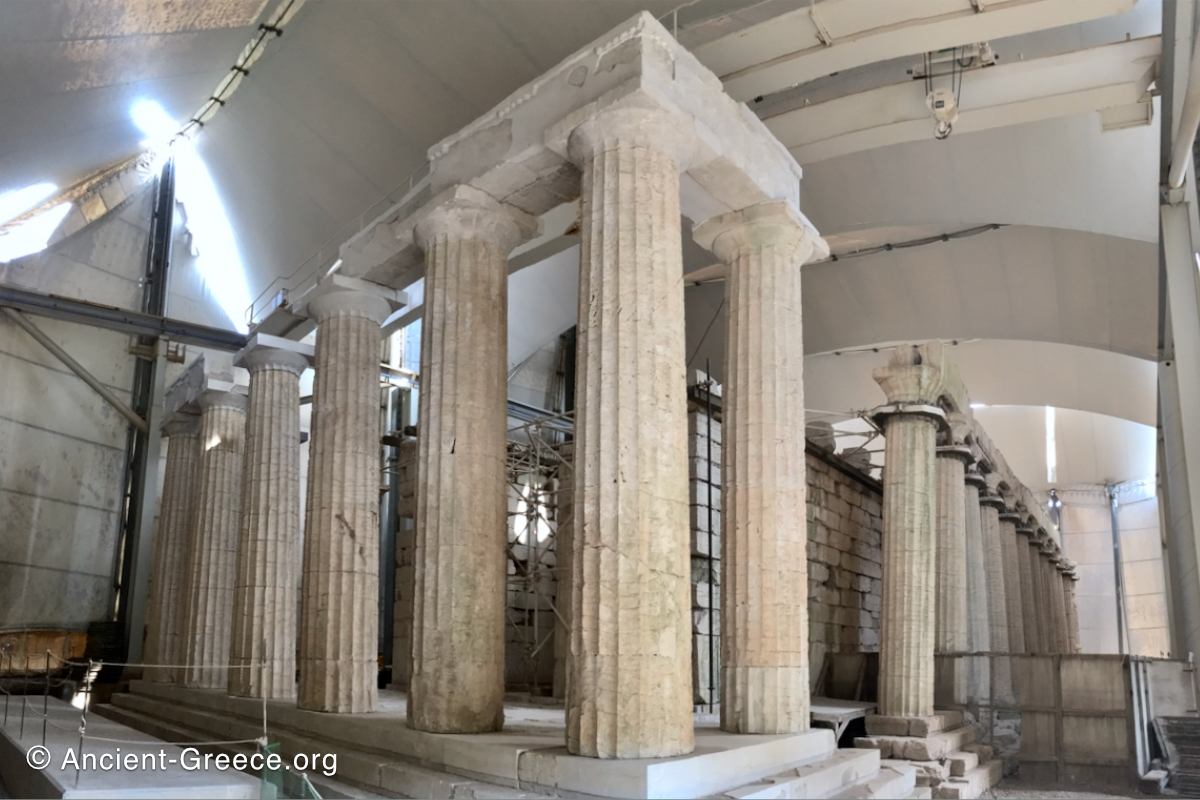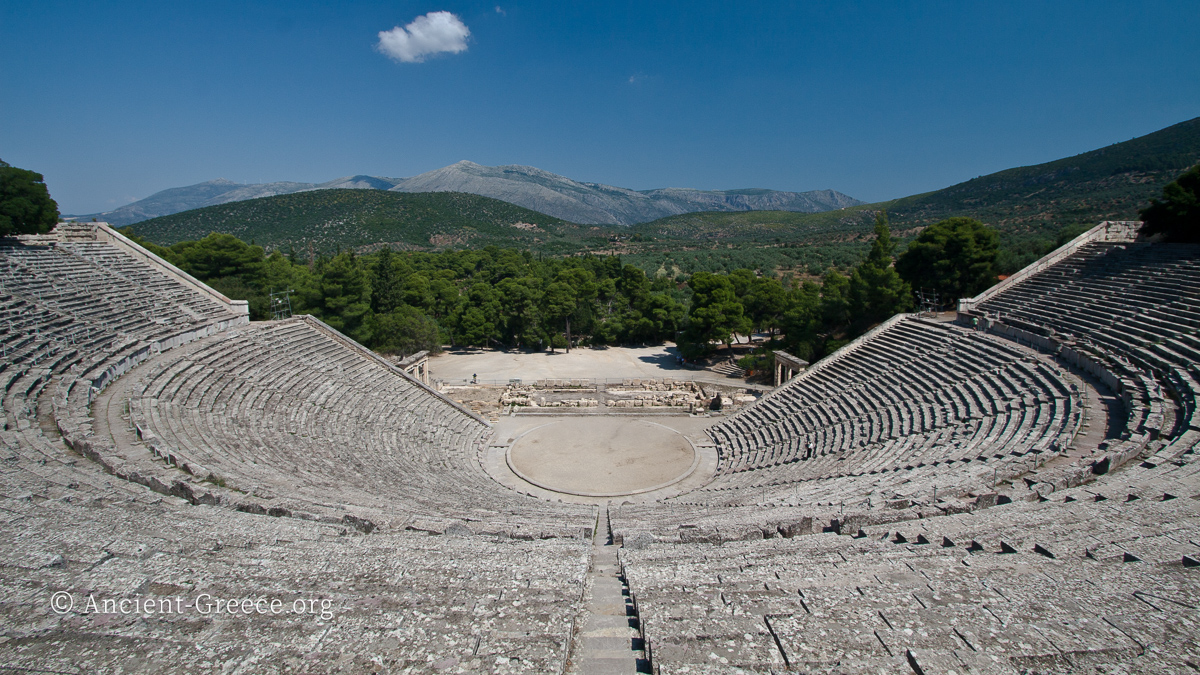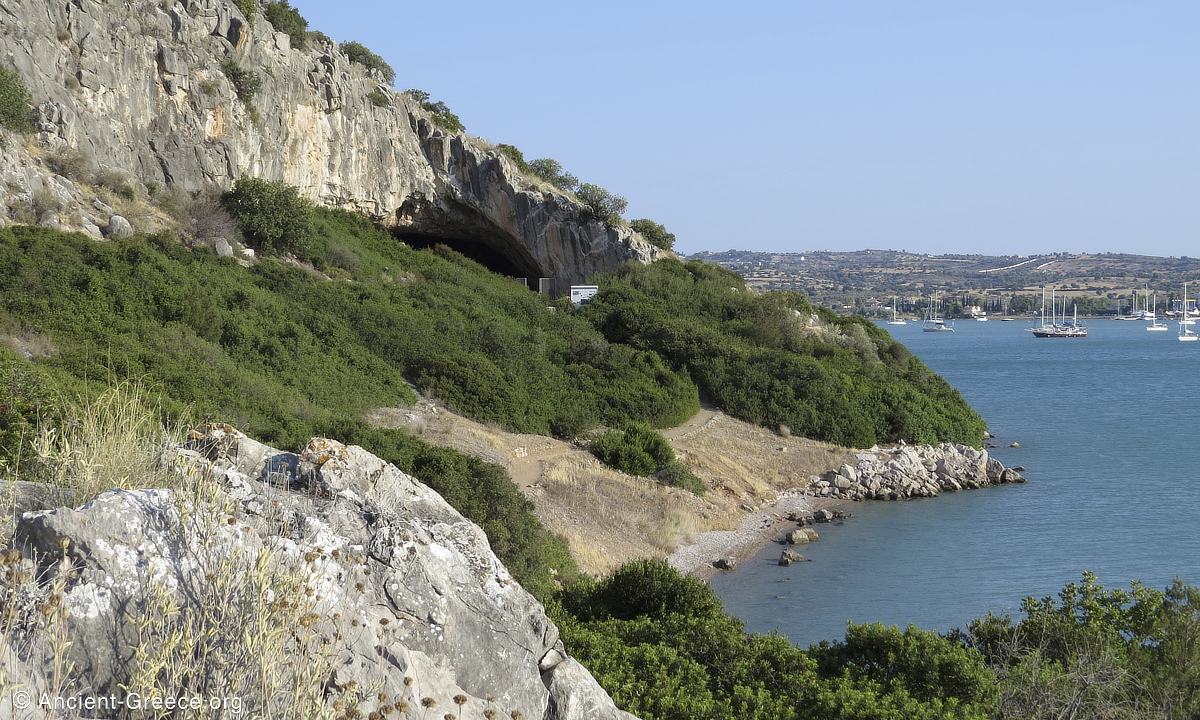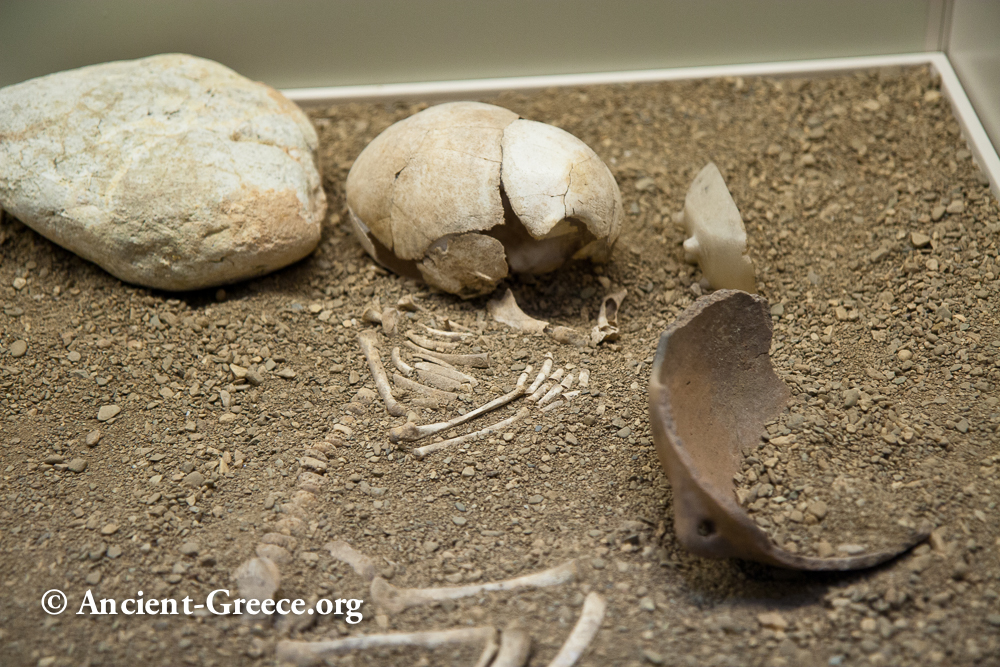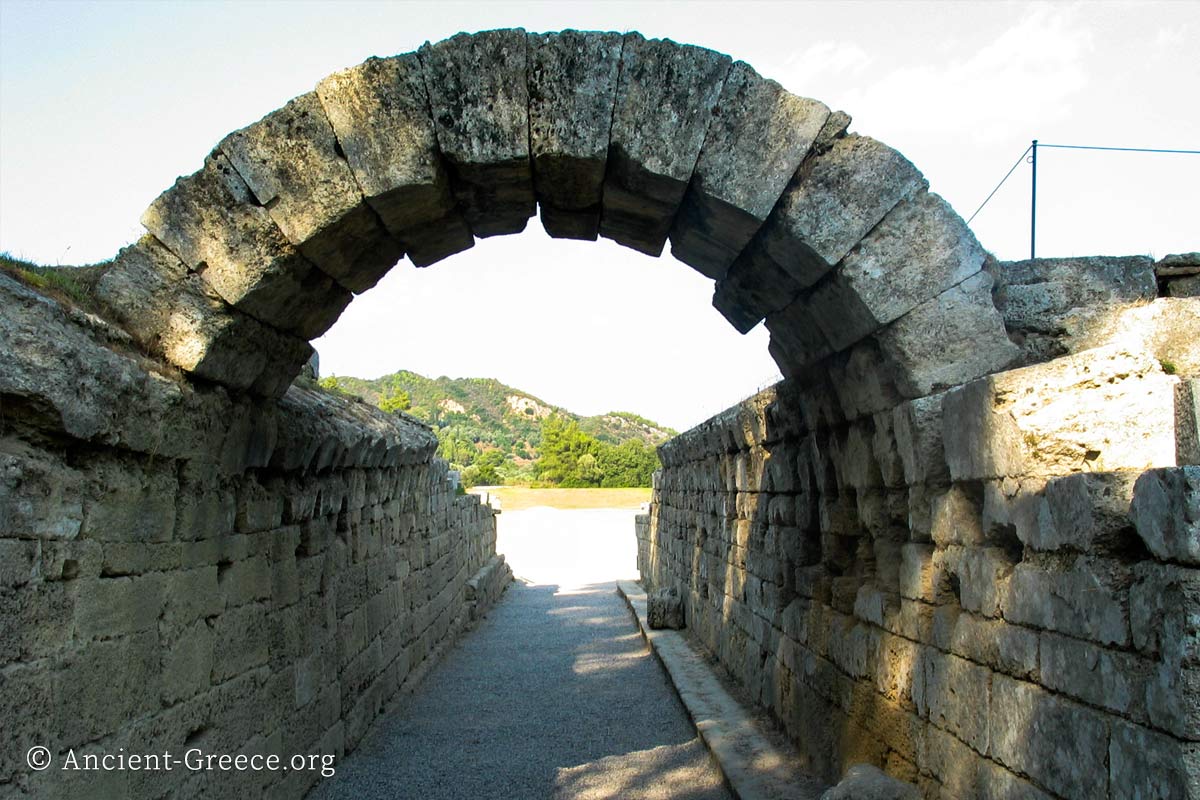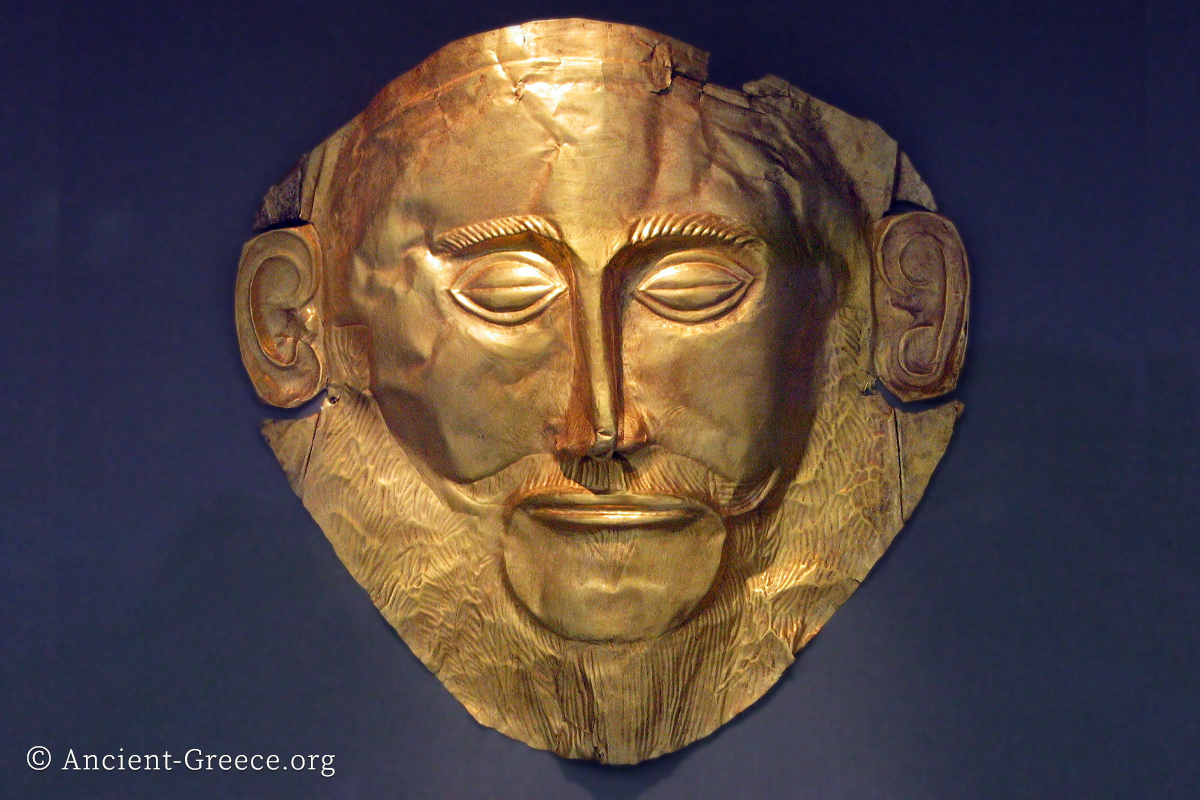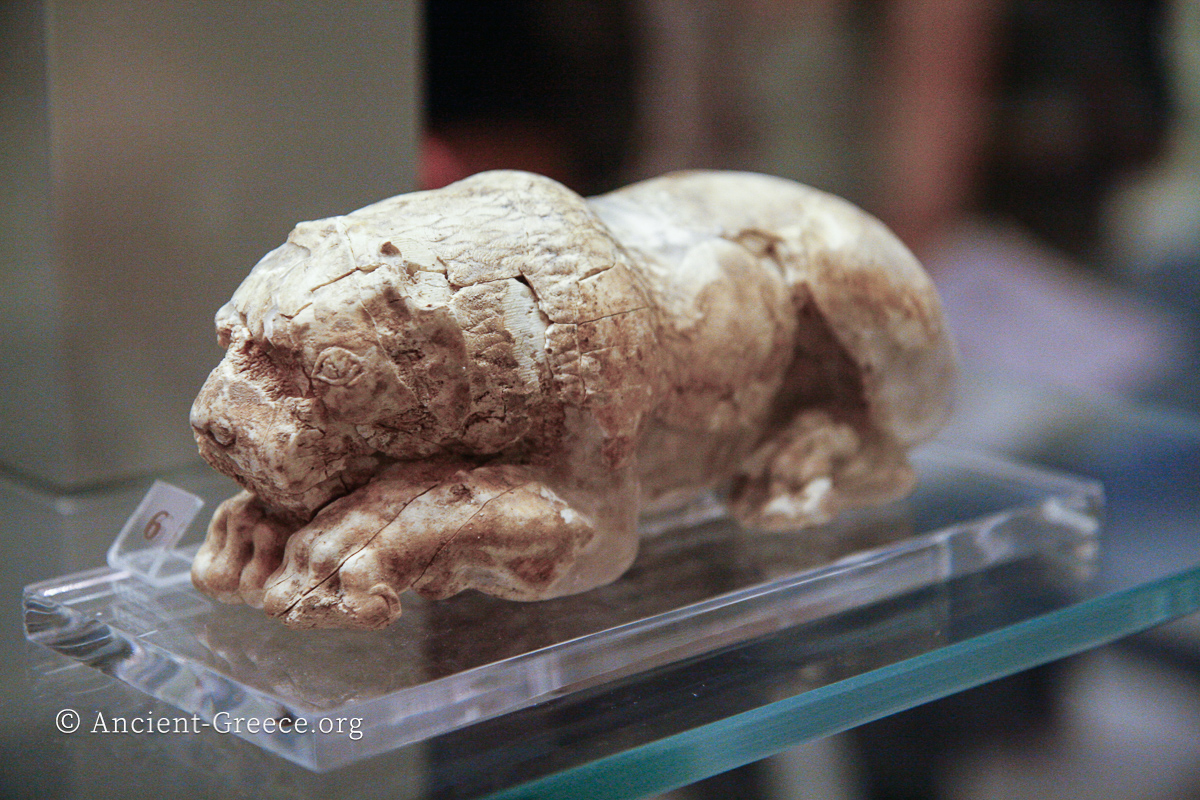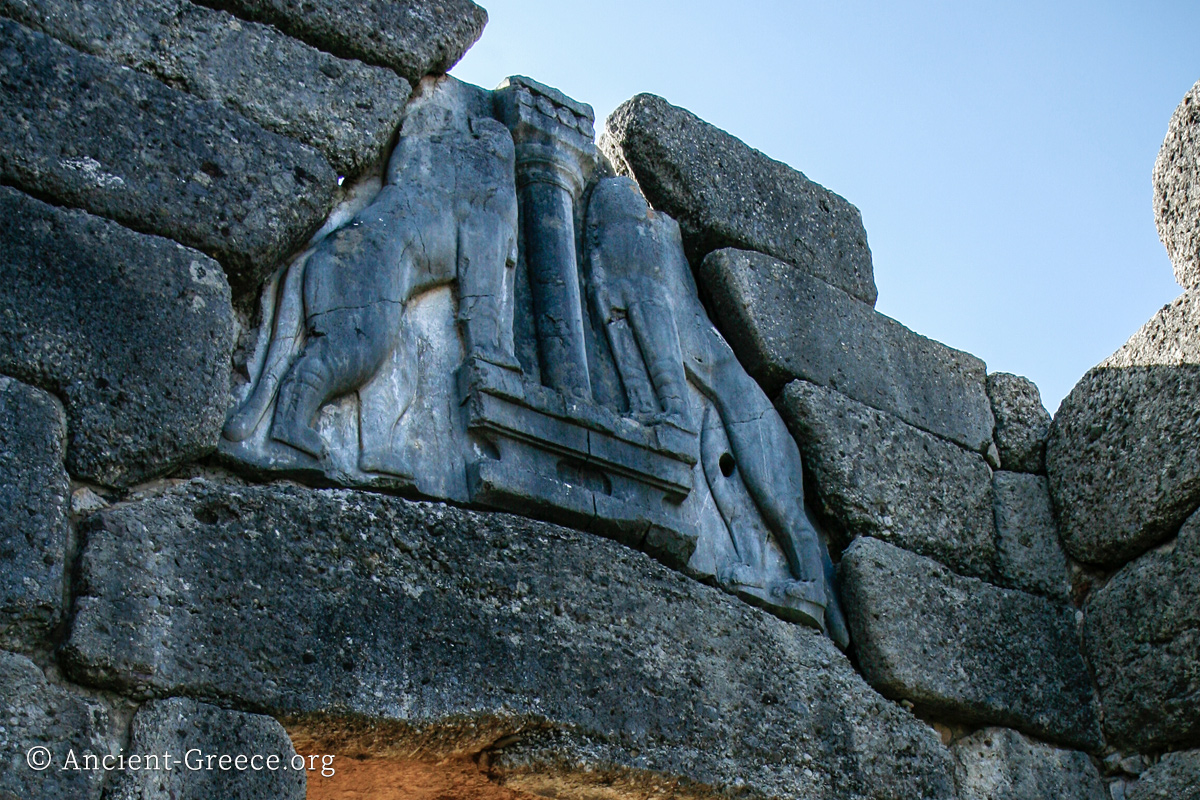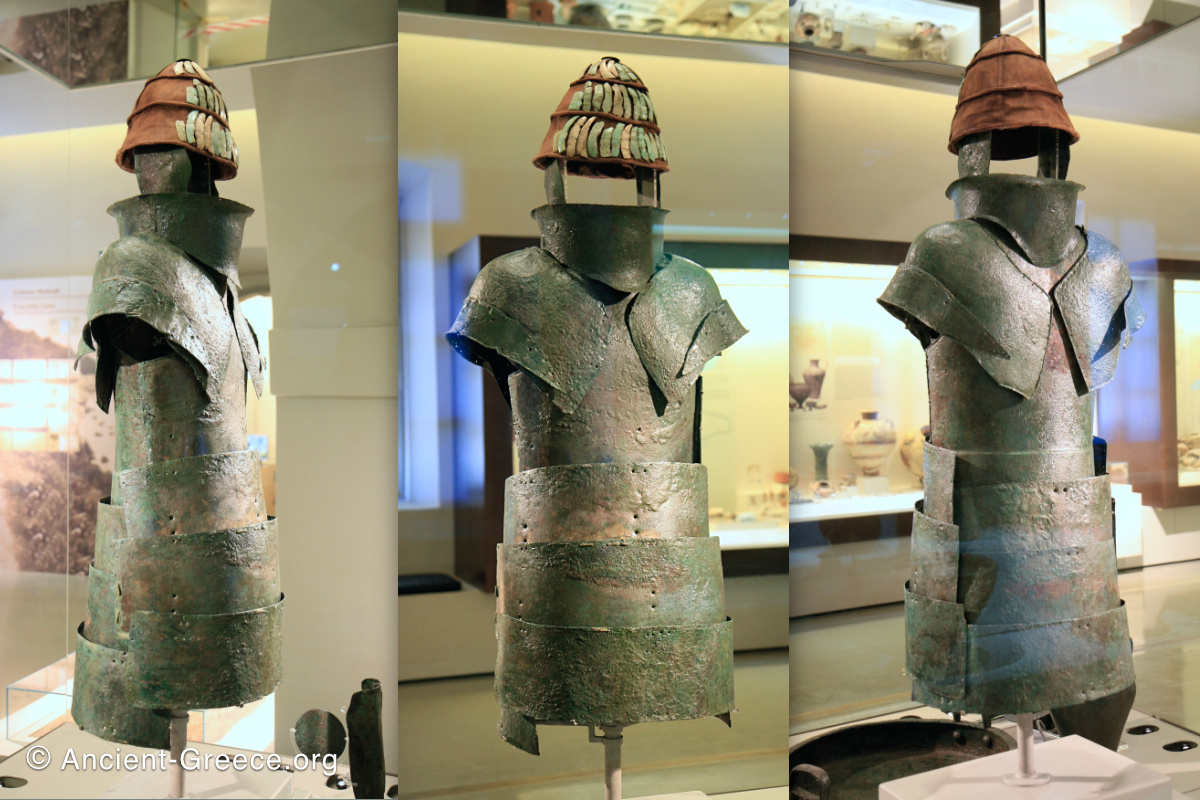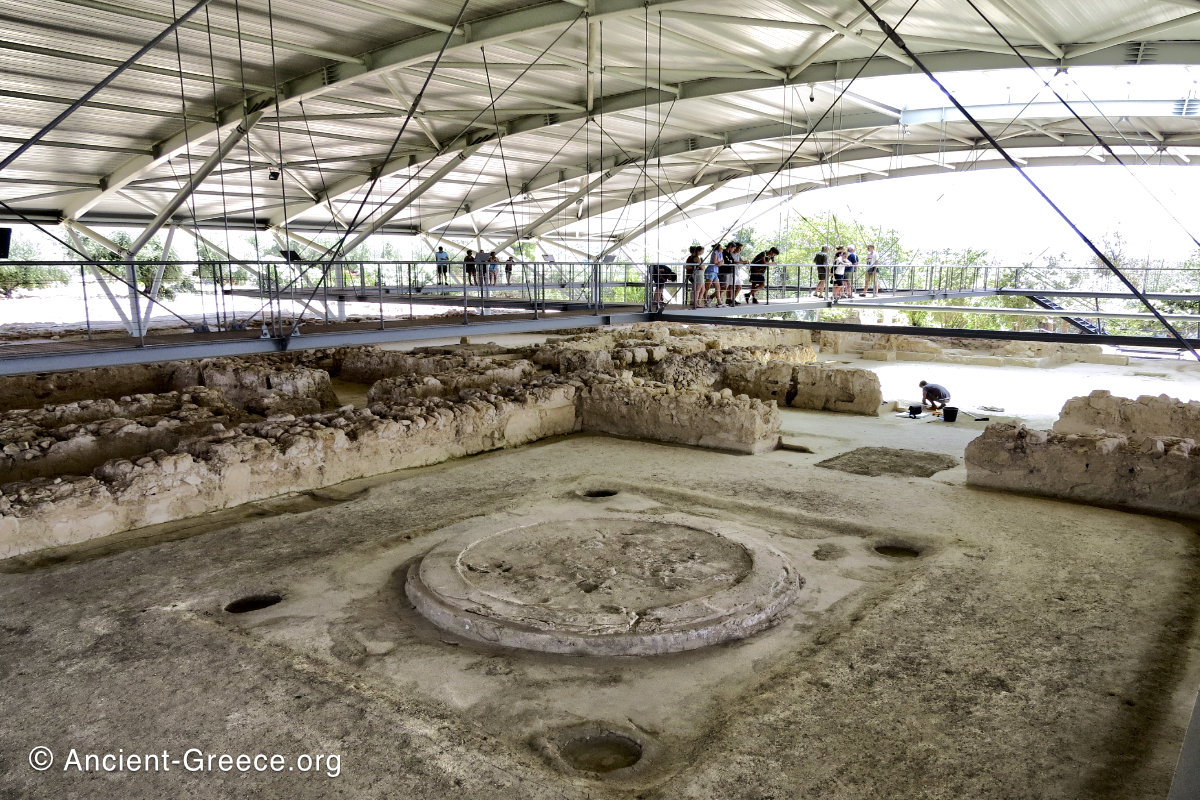Peloponnese
-

Bassae
Read more: BassaeΒάσσαι (Bassae, also transilterated as Bassai) is an archaeological site in the Pelopponese which is home to the Classical Era temple of Apollo Epikourios. The temple of Apollo Epikourios at Bassae of Figaleia still has its colonnade standing…
-

Epidaurus Archaeological Site
Read more: Epidaurus Archaeological SiteThe Asklepieion of Epidaurus (Ασκληπιείον τής Επιδαύρου) is a renown ancient Greek healing center which is considered the cradle of medicinal arts, and the mother sanctuary of the plethora of other Asklepieia that were built throughout the Hellenic…
-

Franchthi Cave
Read more: Franchthi CaveFranchthi Cave (Φράγχθι Σπήλαιον) is an archaeological site in Argolis, Peloponnese. The cave is the best known of a very small collection of Stone Age sites in Greece. Excavations have revealed a rich unbroken record of human habitation…
-

Franchthi Cave History
Read more: Franchthi Cave HistoryFranchthi Cave (Φράγχθι Σπήλαιον) in Argolis, Peloponnese, Greece offers a rich unbroken record of human habitation from the Paleolithic era (at least since 38000 BCE) to the end of the Neolithic period and beyond. Location Francthi Cave is…
-

History of Ancient Olympia
Read more: History of Ancient OlympiaThe sanctuary at Olympia (Ολυμπία) is positioned in a serene and fertile valley between the Alpheios and the Kladeos rivers in western Peloponnese, in Elis. In antiquity it was the host of the Olympic games for a thousand…
-

History of Greece: Mycenaean Greece
Read more: History of Greece: Mycenaean GreeceMycenaean is the civilization that dominated mainland Greece, the Aegean islands, and the shores of Asia Minor during the late Bronze Age era (circa 1600-1100 BCE). The Mycenaean Era occupies the tail end of the Helladic Civilization, which…
-

Mycenae Archaeological Museum
Read more: Mycenae Archaeological MuseumMycenae Museum is built next to Mycenae archaeological site to house artifacts from the Bronze Age citadel excavations. While the most important Mycenaean artifacts are exhibited at the National Archaeological Museum of Athens, a variety of other objects…
-

Mycenae Archaeological Site
Read more: Mycenae Archaeological SiteMycenae (Greek: Μυκήνες) is one of the most important archaeological sites of Greece. The fortified citadel is perched over the fertile plain of Argolis near the seashore in the northeast Peloponnese. Mycenae is the largest and most important center…
-

Nafplion Archaeological Museum
Read more: Nafplion Archaeological MuseumΤο Αρχαιολογικό Μουσείο Ναυπλίου (The Archaeological Museum of Nafplion, or Nafplio, Nauplio,) is home to objects unearthed in the Argolis area, Peloponnese, Greece. It exhibits artifacts from excavations in the general Argolis area, including rare Mesolithic objects from…
-

Nestor’s Palace
Read more: Nestor’s PalaceThe Mycenaean palace of Nestor (Ανάκτορο του Νέστορα) is an archaeological site near Pylos, Messenia, in SW Peloponnese, Greece. It was an influential center during the Late Bronze Age era (circa 1600-1100 BCE), and it played a role…
